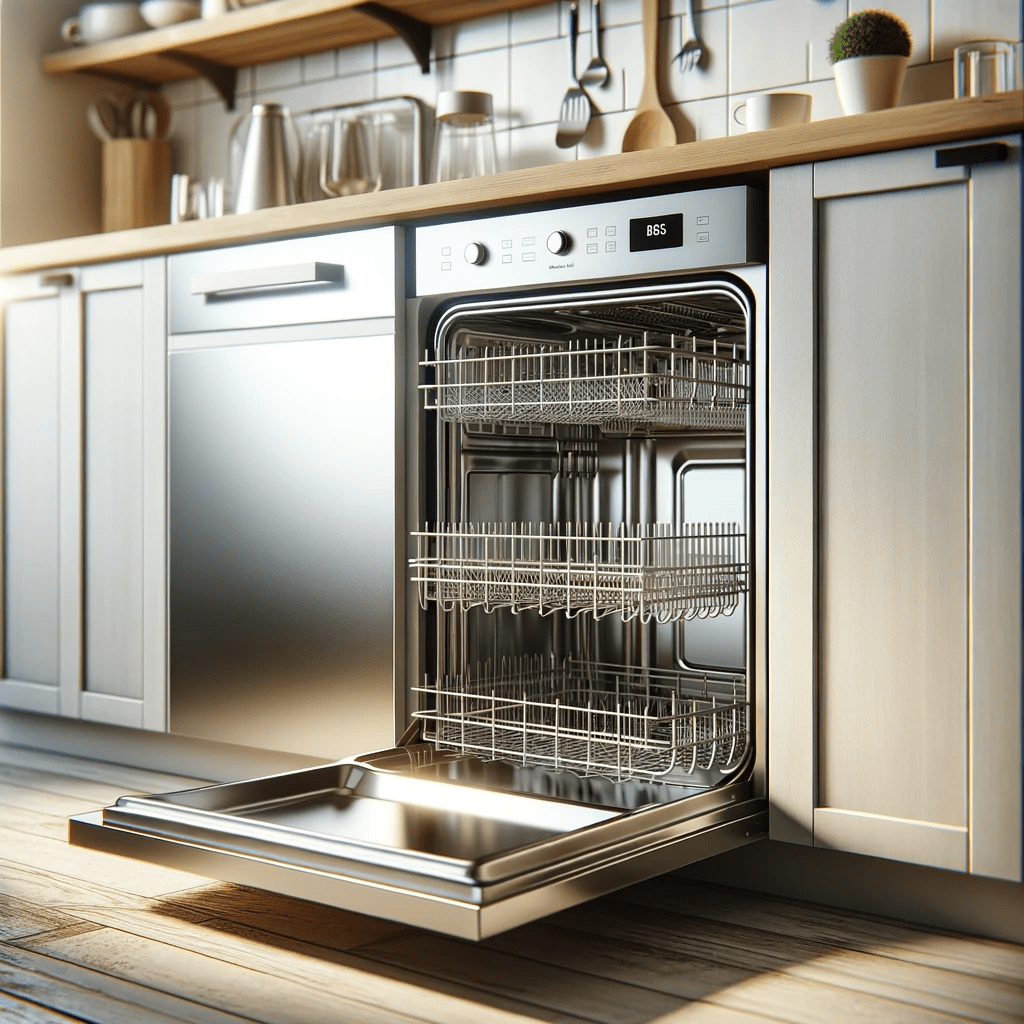Festive feasts define Florida’s Holiday season and mark celebrations, family get-togethers. In a busy kitchen, your dishwasher becomes fairly crucial considering all the cooking and dining. Running your dishwasher more frequently over the holidays might, however, tax it to the point of perhaps breaking down right when you most need it. We offer tips on maintaining operating order for your dishwasher and recognizing when to need professional help to prevent a Holiday cleanup problem.
Tips for Maintaining Your Dishwasher During High-Demand Periods
1. Clean the Filters Regularly
Dishwasher filters can be quickly blocked by food bits, grease, grime. A blocked filter reduces effectiveness and causes water to back up.
- How to Clean: Usually discovered around the bottom of the dishwasher, take off the filter and warm water rinse it. Just softly brush to get tough trash.
- When to Clean: Especially during holidays and other busy times, weekly inspections and filter cleanings help.
2. Inspect and Clean the Spray Arms
Water from spray arms covers your dishes. Your dishwasher will run less clean if the small holes in the arms choke.
- How to Clean: Remove the spray arms and rinse them under water. Use a toothpick or small brush to clear any blocked holes.
- Pro Tip: Soak the arms in vinegar to dissolve hard water deposits.
3. Load Dishes Properly
Dishware loaded incorrectly can obstruct the spray arms or stop water from reaching all surfaces, therefore producing improperly cleaned dishes.
- Best Practices: Avoid overcrowding, and ensure larger items like pans don’t block the spray arms. Place items face-down and at an angle for better water flow.
4. Use the Right Detergent
Using too much detergent or the incorrect type could cause soap build-up, therefore reducing cleaning efficacy and maybe causing leakage.
- What to Use: Use quality detergents meant for dishwashers according manufacturer guidelines on quantity and use
5. Run Maintenance Cycles
A maintenance cycle helps remove buildup inside the dishwasher.
- How to Run: Once a month run an empty dishwasher on top rack using a cup of vinegar to remove smells and grease. Starting at the bottom, run still another cycle sprinkling baking soda for difficult stains.
Common Dishwasher Problems and When to Call a Professional
1. Clogged Filters or Drains
Inappropriate water drainage might point to a clogged drain or filter. Although cleaning the filter could fix the problem, continuous problems could call for expert help.
2. Leaks or Puddles
Weak connections, damaged door seals, or blocked components could all cause leaks. Should water pooling encircle your dishwasher, you should call a professional.
3. Poor Cleaning Results
Should your dishes still be dirty or streaky even with following maintenance guidelines, the spray arms, water inlet valve, or detergent dispenser could be the culprit. These get a professional diagnosis.
4. Loud or Unusual Noises
Unusual sounds like pounding or grinding could indicate a mechanical issue with a failing motor or pump.
Why Choose Local Professionals for Dishwasher Repairs in Florida?
When disaster strikes, having a reliable local repair service makes all the difference. Here’s why Floridians trust Romanos Appliance Repair:
- Quick Response Times: We understand the urgency of holiday appliance repairs and prioritize fast service.
- Expert Technicians: Our team is skilled in diagnosing and repairing all major dishwasher brands.
- Local Convenience: Based in Florida, we’re familiar with the unique needs of homes in the area, from hard water challenges to high humidity.
Enjoy Stress-Free Holiday Cleanup
This holiday season, don’t let a dishwasher disaster ruin your festivities. Following these maintenance guidelines and early problem solving will enable your dishwasher to run as it should. And Romanos Appliance Repair is just a call away should a problem arise.
Contact us today for reliable, local service to ensure your holidays are as stress-free as possible!
